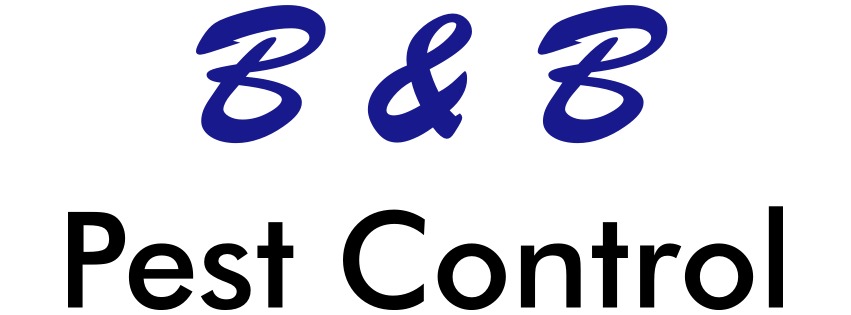Pharaoh ants are one of the few ant species that could be considered pests. Most ants are categorized as nuisances, because they do not cause damage to the home or harm its inhabitants. Pharaoh ants on the other hand are known to spread over a dozen diseases, including salmonella and Streptococcus pyogenes. In fact, they received their name because it was assumed that they were one of the plagues that was sent against the Pharaoh in Egypt.
Appearance and behavior
The pharaoh ant usually has a pale color that can vary from yellow to reddish with a darker abdomen. It is about 1/16 inches in length, and it is found throughout the US. Pharaoh ants tend to build large colonies that often number in the thousands. Unlike fire ants, the pharaoh ants will abandon colonies that are under threat, rather than attempt to defend them.
In terms of diet, these ants will mostly feed on oils, sweets and protein. They are especially fond of setting up in commercial facilities that handle food, but they will regularly infest the home as well. In the home, they will build their nests near food and water sources, usually inside wall voids, in furniture, under the floor or behind baseboards. The pharaoh ant is particularly dangerous in hospitals, where members of this species have been found in the wounds of patients, in IV bottles, and even in the mouths of sleeping patients.
Prevention and control
The best way to ensure that your home is protected from pharaoh ants is to work with a pest control professional who will install residual insecticides in areas of the home where these ants might build colonies. The insecticides used are long-lasting and they can create a perimeter that will destroy all the insects that enter the area. This will ensure that pharaoh ants can’t enter the home and create a nest inside.
If the infestation has already begun, then a pro will either use direct-application insecticides or baits, depending on whether the location of the nest is accessible. The first option will get rid of the ants fast, while the second will be able to get rid of ants in hard to reach areas.
If you have any other questions about pharaoh ants and how they are controlled, or if you suspect that you have a pharaoh ant infestation, contact us today.
